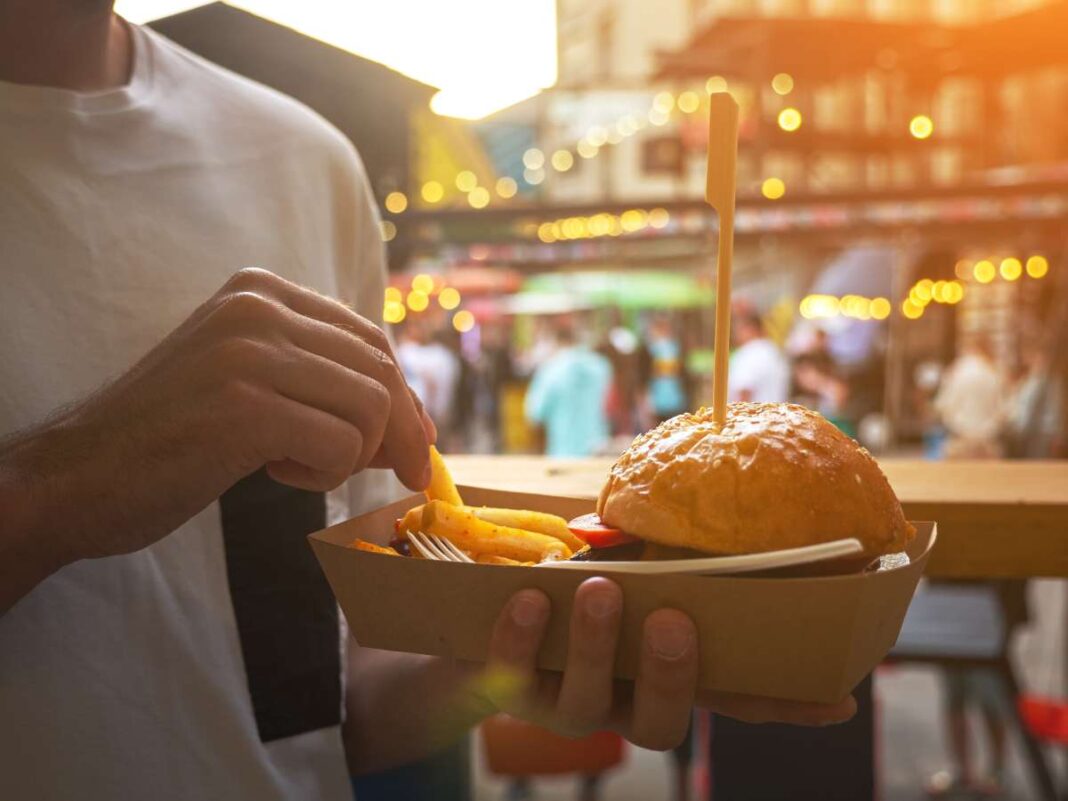In recent years, a significant shift has taken place in the way people approach travel. No longer satisfied with merely visiting historical sites or lounging on beaches, travelers are increasingly seeking out food markets as central attractions of their journeys. This culinary curiosity is reshaping tourism, turning local markets into must-visit destinations that offer immersive experiences into the heart of a culture.
The Rise of Culinary Tourism
Culinary tourism has emerged as a dominant force in the travel industry. According to data from TripAdvisor, food experiences have become the fastest-growing travel category, with bookings for food tours and culinary classes skyrocketing. Travelers from around the globe are showing a keen interest in exploring destinations through their taste buds, seeking out authentic food experiences that provide a gateway to understanding local cultures.
Psychological Motivations Behind Food-Focused Travel
The reasons behind this trend are deeply rooted in psychology and the human desire for connection and novelty. Food is more than sustenance; it’s an expression of cultural identity, geography, and heritage. Travelers are recognizing that by engaging with local cuisine, they can foster deeper connections with the places they visit.
Psychologists have identified several types of food tourists:
- The Gastronaut: This traveler seeks out fine dining and local delicacies, viewing food as a lifestyle pursuit and a marker of social status.
- The Novelty Seeker: Drawn to new flavors and unique dining experiences, they prefer trying unfamiliar dishes over familiar comforts.
- The Familiarity Foodie: They find joy in the comfort of familiar dishes, occasionally venturing into new cuisines when the mood strikes.
- The Culture Seeker: Focused on the cultural significance of food, they use culinary experiences as a gateway to understanding and connecting with local identities.
By understanding these motivations, one can see why food tourism has become a flourishing trend, allowing travelers to engage with destinations on a more personal and meaningful level.
The Allure of Local Food Markets
Food markets are at the epicenter of this culinary movement. They offer travelers an authentic glimpse into daily life, providing opportunities to interact with local vendors, taste seasonal produce, and discover regional specialties. Visiting a farmers market isn’t just about shopping for food; it’s about immersing oneself in the local community and culture.
As one travel writer observed, exploring farmers markets during travels allows you to trace the heartbeats of local life and forge connections with the people who bring the destinations to life. These markets become a sensory-rich environment where the aromas, flavors, and interactions create lasting memories.
Social Media and Pop Culture Influence
Social media has significantly amplified the trend of food-focused travel. Platforms like Instagram and TikTok are flooded with images of vibrant dishes and bustling markets, inspiring people to embark on their own culinary adventures. In fact, a report highlighted that 66% of Gen Z and Millennial travelers gain inspiration for where and what to eat on vacation from social media. These younger travelers are even planning entire trips around restaurant visits, with 47% of them doing so, and making dinner reservations before they even arrive.
Moreover, film and television have become significant influencers. Popular shows and documentaries that showcase food and travel inspire viewers to visit the locations featured. For instance, 55% of surveyed travelers mentioned that food-related TV shows or documentaries motivated them to visit specific destinations. This media influence has led to niche itineraries, such as visiting filming locations or experiencing dishes shown on screen, allowing travelers to step into their favorite on-screen worlds.
Destinations Embracing the Trend
Cities around the world are embracing this surge in culinary tourism by enhancing their food market offerings:
- Tokyo’s Tsukiji Outer Market: Although the inner market has moved, the outer market remains a bustling hub where travelers can sample fresh seafood and traditional Japanese fare.
- Barcelona’s La Boqueria: One of the world’s most famous markets, it offers a vibrant array of fruits, meats, and tapas, drawing in food enthusiasts eager to taste Iberian delicacies.
- Florence’s Mercato Centrale: A historic market where visitors can enjoy Tuscan specialties and connect with local artisans.
These destinations have become popular among travelers who value authentic food experiences, reinforcing the idea that food is a gateway to cultural immersion.
The Future of Travel: Experiences Over Sightseeing
As we move further into 2025, the travel industry is witnessing a shift toward experiential and culinary tourism. Travelers are prioritizing immersive experiences that engage all senses, seeking to live like locals and participate in community life. This includes staying in homestays, joining local-led tours, and engaging in traditional crafts or food preparations.
Culinary tourism is now the fastest-growing segment in luxury travel, with nearly 20% of travelers selecting destinations based on gastronomic offerings. Hotels and tour operators are adapting by partnering with renowned chefs, offering farm-to-table dining, and creating experiences that highlight local cuisine. The journey has become as much about the plate as it is about the place, reflecting a significant evolution in traveler preferences.
Conclusion
The increasing popularity of planning trips around food markets is a testament to the evolving desires of travelers seeking deeper connections and authentic experiences. Food markets offer a unique lens through which to view a culture, providing insights that go beyond traditional tourism. As culinary tourism continues to grow, it enriches the travel experience, turning trips into flavorful journeys that linger in the memory long after returning home.
Whether you’re a gastronaut seeking fine dining or a culture seeker eager to immerse yourself in local traditions, planning your next trip around food markets might just lead to the most rewarding travel experience yet.
